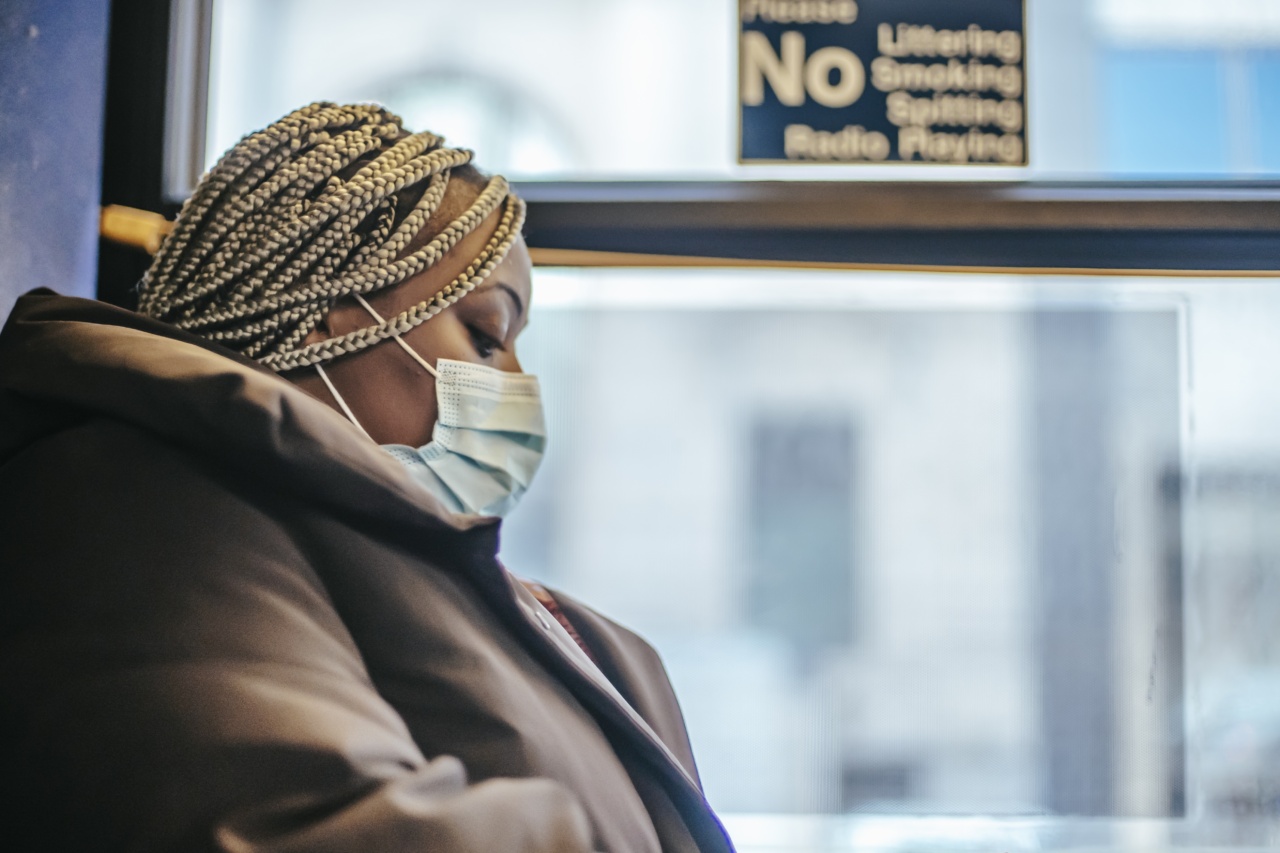Acne, a skin condition characterized by pimples, blackheads, and whiteheads, is typically associated with the teenage years. However, acne can also occur in adulthood, and its prevalence has been on the rise.
According to the American Academy of Dermatology (AAD), the number of adults seeking treatment for acne has increased over the past two decades, and more women are experiencing acne well into their 30s and 40s.
What Causes Adult Acne?
The causes of adult acne are complex and multifactorial. Many of the same factors that contribute to teenage acne, such as genetics, hormones, and bacteria, also play a role in adult acne.
However, lifestyle factors unique to adulthood can also contribute to acne outbreaks. Here are some of the most common culprits:.
1. Stress
Stress is a ubiquitous feature of modern life, and it can have a profound impact on our health. When we experience stress, our bodies produce hormones like cortisol and adrenaline, which can cause hormonal imbalances that trigger acne.
Stress can also impair our immune system, making us more vulnerable to bacterial infections that contribute to acne.
2. Diet
The food we eat can also have a significant impact on our skin health. Consuming high-glycemic-index foods, such as sugar, refined carbohydrates, and dairy, can increase insulin levels and trigger inflammation, which can exacerbate acne.
In addition, consuming foods that are high in processed oils and unhealthy fats can interfere with the proper functioning of sebaceous glands, leading to clogged pores and acne breakouts.
3. Skincare Products
The plethora of beauty and skincare products available today can be overwhelming, but many of these products contain ingredients that can irritate the skin and contribute to acne.
Common acne triggers include fragrances, dyes, and synthetic chemicals like parabens and sulfates. Furthermore, overuse of skincare products can disrupt the skin’s natural moisture barrier and lead to dryness and inflammation, both of which can exacerbate acne.
4. Hormonal Fluctuations
Hormonal imbalances, particularly in women, can be a major cause of adult acne. Fluctuations in estrogen and progesterone levels can lead to increased sebum production, clogged pores, and acne.
Hormonal imbalances can be caused by a variety of factors, including menstruation, pregnancy, menopause, and conditions like polycystic ovary syndrome (PCOS).
5. Medications
Certain medications can also contribute to acne outbreaks in adults. For example, drugs like corticosteroids, lithium, and anticonvulsants can interfere with hormonal balance and cause acne as a side effect.
In addition, some hormonal contraceptives can exacerbate acne, while others can help to control it.
How to Prevent and Treat Adult Acne
If you’re struggling with adult acne, there are steps you can take to prevent and treat acne outbreaks. Here are some of the most effective strategies:.
1. Practice Good Skincare Habits
Good skincare habits are essential for preventing and treating acne. This includes washing your face twice a day with a gentle cleanser, avoiding harsh scrubs and abrasive exfoliants, and moisturizing regularly with a non-comedogenic moisturizer.
It’s also important to avoid touching your face throughout the day, as this can transfer bacteria and oils from your hands to your skin, leading to acne.
2. Eat a Healthy Diet
Eating a healthy diet that is low in processed foods, sugar, and unhealthy fats can help to reduce inflammation and prevent acne outbreaks.
Foods that are rich in antioxidants, such as fruits, vegetables, and nuts, can also support skin health and reduce the risk of acne.
3. Manage Stress
Reducing stress through practices like meditation, yoga, and deep breathing exercises can help to regulate hormone levels and prevent acne outbreaks.
It is also important to get enough sleep, as sleep deprivation can exacerbate stress and hormonal imbalances.
4. Choose Acne-Friendly Skincare Products
When choosing skincare products, look for products that are specifically designed for acne-prone skin. These products should be non-comedogenic, meaning they won’t clog pores, and free of irritants like fragrances and dyes.
5. Seek Help from a Dermatologist
If you are experiencing persistent or severe acne, it may be necessary to seek help from a dermatologist.
A dermatologist can evaluate your skin, determine the underlying cause of your acne, and recommend treatments, such as topical or oral medications, that can effectively treat your acne.
The Bottom Line
While acne can be frustrating and difficult to manage, there are steps you can take to prevent and treat adult acne outbreaks.
By addressing lifestyle factors like stress, diet, and skincare habits, and seeking help from a dermatologist when needed, you can achieve clearer, healthier skin and improve your overall quality of life.





























